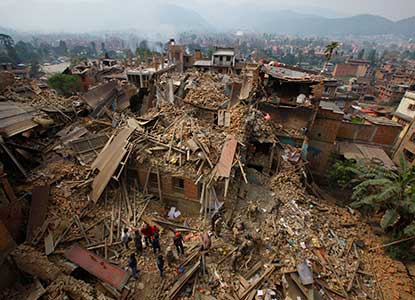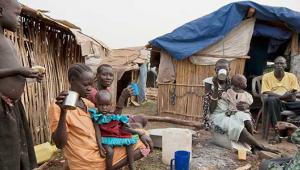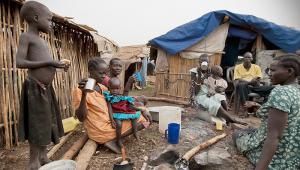At the World Economic Forum in Davos last weekend, members of the One Billion Coalition for Resilience called on the international humanitarian community to place greater emphasis on increasing resilience and reducing suffering rather than simply raising more and more resources.
“Over the past decade, the number of people who rely on humanitarian assistance has more than tripled while the cost of responding has increased sixfold,” said Elhadj As Sy, secretary general of the International Federation of the Red Cross.
“Our answer cannot be the more of the same. We need to take a longer view, and use more of the resources available to us to strengthen the resilience of communities to be better equipped for the threats that we know they will face.”
Ertharin Cousin, executive director of the World Food Programme, and Tony Lake, executive director of UNICEF, also called for a greater focus on sustainable, resilient development rather than emergency aid.
Their comments came at an event to promote the One Billion Coalition for Resilience, an initiative which aims to bring together aid organisations, governments, the private sector, academia and community groups in a collaboration that works to strengthen the safety, health and wellbeing of one billion people over the next 10 years.
They echo warnings from throughout the humanitarian community that an underfunded and overstretched humanitarian system needs to find new ways to respond and put greater emphasis on long-term solutions and preparedness by combining humanitarian and development efforts.
Zia Kahn, vice president for initiatives and strategy at the Rockefeller Foundation, which has raised more than $500m to building global resistance, added: “Crisis is the new normal, and the confluence of globalisation, urbanisation and climate change impact creates an imperative to build resilience today, to minimise the number of people who are vulnerable – or even more vulnerable – tomorrow.”














